VIRTUAL EMDR BLOG
What Type of Addiction Do You Have?
21 Feb 2019
![]() Tag: Addiction
Tag: Addiction
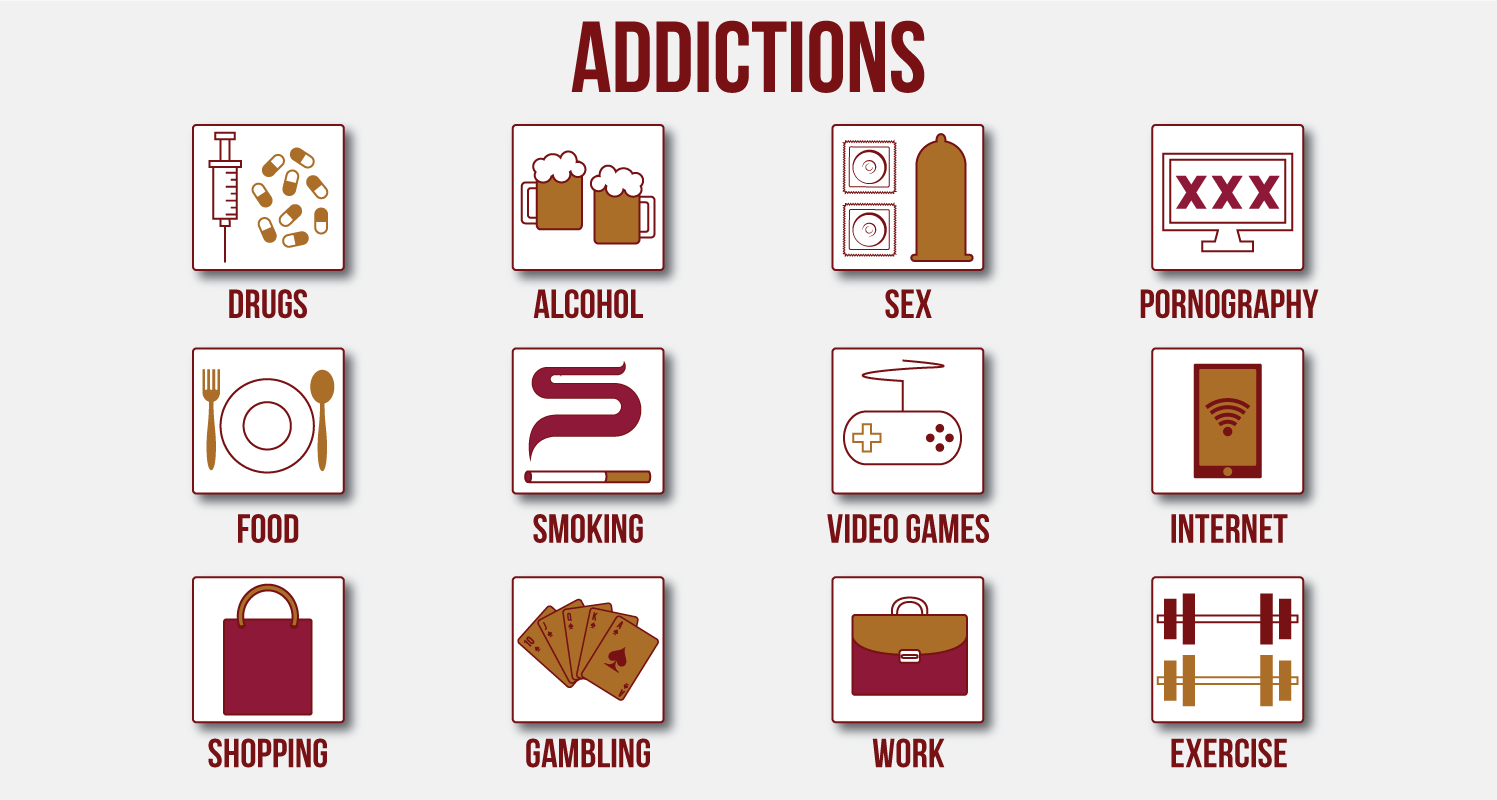
Addiction is a complex disease which effects the functioning of the brain and body. It also damages relationships, school and work life, families and nearly every aspect of your persona life. Today, 40 million Americans (18% of the American population) ages 12 and older abuse or are addicted to nicotine, alcohol, or other drugs. And addiction doesn't just include drugs, alcohol, or nicotine. There are also many other types of addictions called process addictions, such as shopping, gambling, work, exercise, sex, love and relationships, technology, online gaming, and so forth. Addicted people are psychologically or physically unable to stop despite their best efforts.
There are four key parts for the definition of addiction:
1.Addiction includes both substances and activities (process addictions)
2.Addiction leads to substantial harm or costs for the person
3.Addiction is losing control and addicts are often lacking self-control
4.Addiction continues because it was once pleasurable or valuable for the addict
Risk Factors
-Genetic predisposition
-Certain brain characteristics (which can make a person more vulnerable)
-Stress, high impulsivity, sensation-seeking, depression, anxiety, PTSD (post-traumatic stress disorder), other psychiatric disorders
-Exposure to physical, sexual or emotional abuse, or traumatic events
-Accessibility to the substance or activity
-The popularity of the substance or activity among the culture, media, and friends and family
-Substance use/addiction among peers or family members
-Exposure to substance use/activity at an early age
Illustration: Stephen Sitton
Withdrawal Symptoms
When a person is addicted and stops taking the substance or engaging in the behavior, he or she may have some withdrawal symptoms like anxiety, anger, irritability, shaking, nausea, loss of appetite, fatigue, or vomiting. Please also note that for some substances (alcohol or benzodiazepines), it is fatal to stop suddenly without any medical supervision.
ADDICTION SELF-QUIZ
Please take the following self-assessment quiz. We recommend you to use a sheet of paper to write your answers on. Every 'yes' answer means 1 point for you. Let's begin! Think of a substance, chemical or activity which you think you might be addicted to.
1.Do you use the substance or engage in the behavior several times a week? (Y/N)
2.Do you feel that you need to stop your consumption or behavior? (Y/N)
3.Do you use the substance or do the behavior secretly because you feel ashamed to be seen by others? (Y/N)
4.Do you use the substance or engage in the behavior to calm your nerves? (Y/N)
5.Is this consumption or behavior very pleasurable for you so you think you cannot stop? (Y/N)
6.Do you need the substance or behavior especially in when you're very stressful? (Y/N)
7.Do you physically get sick or uncomfortable after using the substance or engaging in the behavior? (Y/N)
8.Is it hard for you to quit? (Y/N)
9.Have you ever failed to quit before? (Y/N)
10.Do you have any social, behavioral, or psychological problems because of using the substance or engaging in the behavior? (Y/N)
11.Does your use of substance/behavior affect your social life, family life, school/work life, and relationships in a negative way? (Y/N)
12.Do they (substances or behaviors) help you to escape from your problems and reality? (Y/N)
13.Do you take more of the substance or spend increasingly more time doing the activity? (Y/N)
14.Do you spend your time using the substance or engaging in the behavior instead of spending time with friends/family, doing your work and living up to your responsibilities? (Y/N)
15.Without the substance or behavior, do you feel tense, stressed, angry, irritated, and other symptoms of withdrawal? (Y/N)
16.Do you usually take more substance or engage in the behavior more than you want or plan? (Y/N)
17.Do you feel like you have to use the substance or engage in the behavior even if you sometimes don't want to? (Y/N)
18.Do you think you would have a better and more productive life if you stop using the substance or engaging in the behavior? (Y/N)
19.Do you accept that you have a problem with the substance or behavior? (Y/N)
What Does Your Score Mean?
The higher your score, the higher the possibilities that you are struggling with an addiction. Even a score as low as 4-5 points means that you're at risk and you should consider taking action to stop.
Treatment
Addiction is treatable and complete remission is always possible. However, treatment requires time and effort. After detoxification and withdrawal from substances/activities, consider professional help to find a new way of living. In this rehabilitation step, individual, group and family therapies can be helpful. Also, EMDR Therapy (Eye-Movement Therapy) is a helpful therapy that can reduce the desire to engage in addictive behavior. The main reason professionals believe that EMDR treatment is helpful for addiction is because EMDR changes thinking patterns long term which makes it easier to stay sober.
If you want to give EMDR a try, you can go to Virtual EMDR and try it free for the first week.
REFERENCES
Addiction Specialist Institute (2017). Types of Addiction. Retrieved from http://astute.my/types-of-addiction/
Center on Addiction (2018, April 25). What Is Addiction? Retrieved from https://www.centeronaddiction.org/addiction
Center on Addiction (2017, April 14). Addiction Risk Factors. Retrieved from https://www.centeronaddiction.org/addiction/addiction-risk-factors
Felman, A. (2018, October 25). What Is Addiction? Retrieved from https://www.medicalnewstoday.com/articles/323465.php
Horvath, A. T., Misra, K., Epner, A. K., & Cooper, G. M. (?) Definition of Addiction. Retrieved from https://www.mentalhelp.net/articles/definition-of-addiction/
Maiberger, B., & Gray, J. (?) EMDR Treatment for Addictions. Retrieved from https://maibergerinstitute.com/category/emdr-therapy-blog/
Northpoint Evergreen Bellevue (2017, October 7). EMDR Therapy and How it Works to Heal Addiction. Retrieved from https://www.evergreendrugrehab.com/blog/emdr-therapy-works-heal-addiction/
Psychology Today (?). Addiction. Retrieved from https://www.psychologytoday.com/us/basics/addiction
Test was adapted from:
American Psychiatric Association. (2013). Diagnostic and statistical manual of mental disorders (5th ed.). Washington, DC.
Gans, S., Lombardo, E., & Musgrove, B. (2018, October 11). Addiction Test. Retrieved from https://www.online-therapy.com/addiction/test

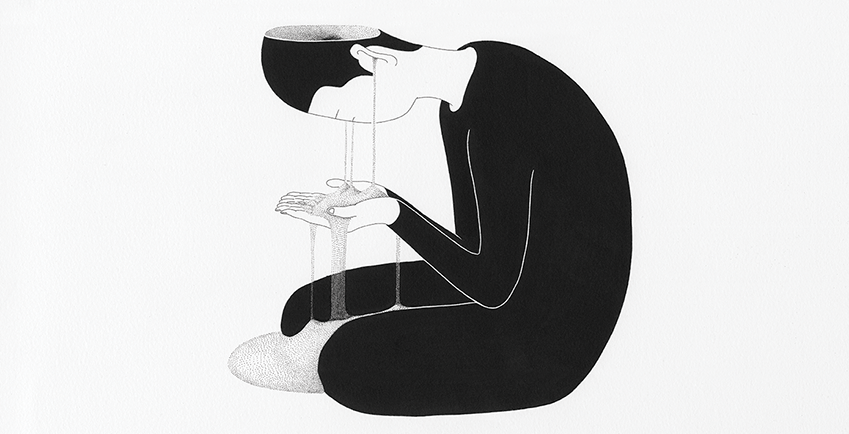
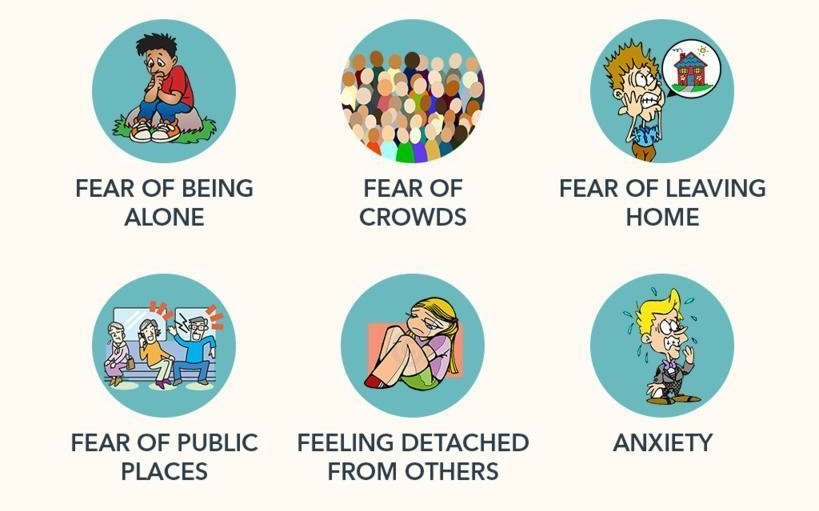
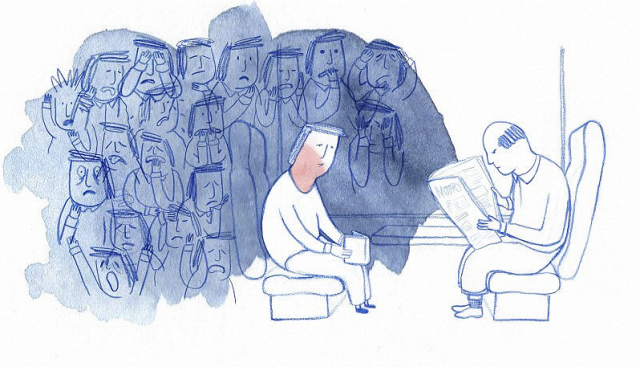


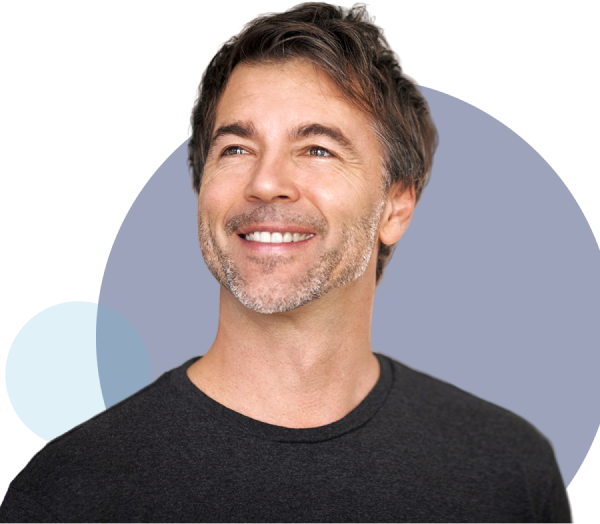



It is hard to accept that you have a problem with the substance or behavior. dissertation methodology help online is also hard to write if the topic is not you are interested in.
@TERRIE It is a matter of doing more sessions than just the 2. Keep working at it!
I appreciate the blog. I have a question about how EMDR works for addiction. I noticed a significant decrease in desire to binge eat (my drug of choice) after two session of virtual self administered EMDR. However, the next week I went back to bingeing with a vengance. Is this normal?